Classic Christmas cookies have carbon footprint that is many times higher than their own weight. And this is mainly due to the animal fat contained in the butter. But there are more climate-friendly alternatives, which we have taken a closer look at in the style of a product carbon footprint.
Like beef, butter is an everyday food-item that comes from cattle farming and therefore has one of the highest specific GHG emissions. Beef or red meat is already widely known for its harmfulness to the climate - butter is on everyone's lips, but is not yet recognized as being particularly harmful to the climate.
We therefore wanted to pay special attention to butter at Christmas and show tangible alternatives. Incidentally, what we are showing here using the example of Christmas cookies we normally do with other products and production processes - then we call it the product carbon footprint or company carbon footprint, and we then derive climate protection strategies from this.
Recipe for a product carbon footprint including an alternative for Christmas cookies
- Analyze the ingredients and production - i.e. baking recipes for your favorite cookies - in our case "Linzer eyes", "Vanilla crescents" and "Ginger bread" from the master confectioner Kaplan am Kurpark.
- Convert the recipe with the respective emission factors of the ingredients into GHG emissions. We used data from the Swiss company Eaternity, which was very user-friendly to apply in a tool from the German newspaper Tagesspiegel.
- Identify the main drivers of emissions and find an alternative. In our case, this was easy: there is margarine. Since margarine is made from vegetable fats, it avoids the methane emissions of livestock farming and, above all, has a lower greenhouse gas footprint. For cookies, butter can be substituted 1:1 for margarine.
- The calculated result for our favorite cookies (at 12 g per cookie):
- Linzer eyes: 46 g CO2e with butter vs. 19 g CO2e with margarine
- Vanilla crescents: 67 vs. 32 g CO2e
- Gingerbread: 19 vs. 13 g CO2e - Check the quality: The use of margarine could have a decisive influence on the result, which is why we also tasted it. The quality test took place at our Christmas party and we didn't taste any difference between cookies with butter or margarine.
- Publish the results in an understandable form: A school project group from the Ecole in Güssing, led by Jakob Lorenz from class 4ako, kindly assisted in the creation of the explanatory video in German language. If you want to see ist anyway, follow this link.
Here are the recipes we used for baking (be careful, these are large quantities of cookies 😊):
Linzer eyes - Ingredients:
- 2,200 g almond dust
- 1,800 g butter / margarine
- 1,100 g powdered sugar
- 15 g vanillin
- 10 g cinnamon powder
- 10 g baking powder
- 5 g salt
- 5 g clove powder
- 1,800 g flour
- 700 g corn powder
- 300 g whole egg
Preparation:
Briefly mix the almond dust, powdered sugar, butter and spices.Add flour and corn powder.Mix briefly and add the eggs.Form bricks and place in the fridge. Baking temperature: 160°C After baking, fill with smooth currant jam.
Vanilla crescents - Ingredients:
- 2,800 g butter / margarine
- 1,200 g powdered sugar
- 500 g vanilla sugar
- 100 g baking powder
- 10 g Orangia Sun
- 10 g salt
- 10 g vanillin
- 4,000 g flour
- 2,400 g walnuts, grated
- 500 g whole egg
Preparation:
Lightly knead together the sugar, butter, vanilla sugar, trimoline, vanillin and salt. Add the flour and nuts and knead lightly again. Add the whole egg to the dough. Leave to cool thoroughly. Shape the croissants and bake. Baking temperature: 160°C Sieve with icing/vanilla sugar immediately after baking.
Vanilla powdered sugar: 1,000 g powdered sugar, 150 g vanilla sugar
Gingerbread - Ingredients:
- 750 g sugar
- 250 g water
- 2,250 g honey
- 1,700 g rye flour
- 1,700 g wheat flour
- 300 g wegg yolks
- 50 g cinnamon
- 40 g citrus pearls
- 12 g clove powder
- 10 g cardamom
- 10 g nutmeg powder
- 2 g vanillin
- 100 g milk
- 40 g ammonium
- 100 g milk
- 20 g potash
- 400 g margarine/climate-friendly instead of butter
Preparation:
Boil sugar and water. Heat the honey and mix with the sugar water. Add the rye flour and wheat flour. Mix with the honey for 30 minutes. Leave to cool. Mix the egg yolks and spices. Add to the basic dough. Mix the milk and ammonium and add. Mix well. Mix the milk and potash. Mix well. Add the cold butter/margarine. Roll out to 6 mm and place on a baking tray lined with baking paper. Baking temperature: 160°C
We wish you much success! In the best case, simply replace the butter with margarine in your own recipes. Just try it!





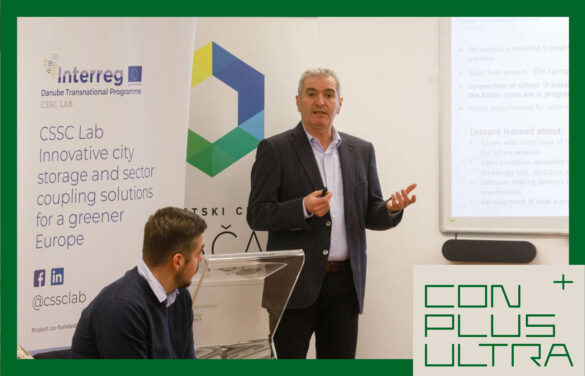

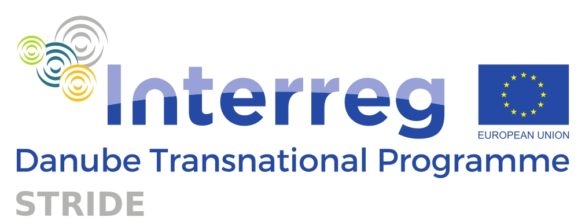
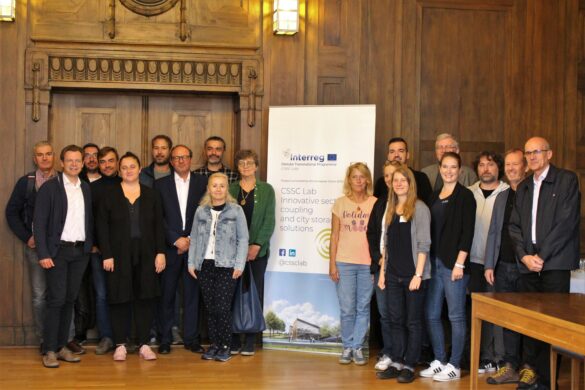
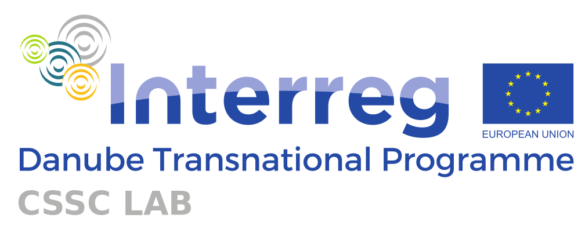
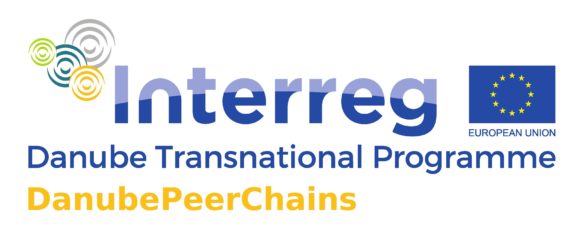
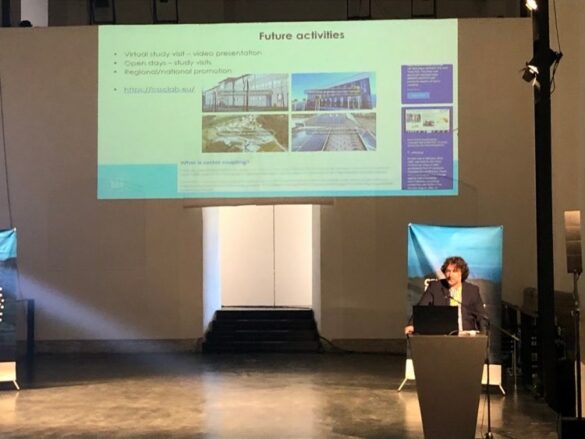
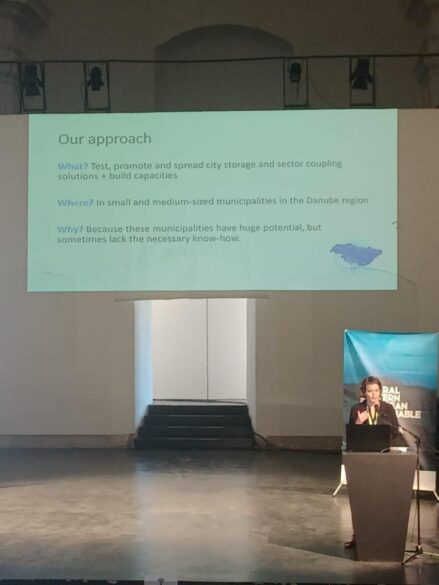
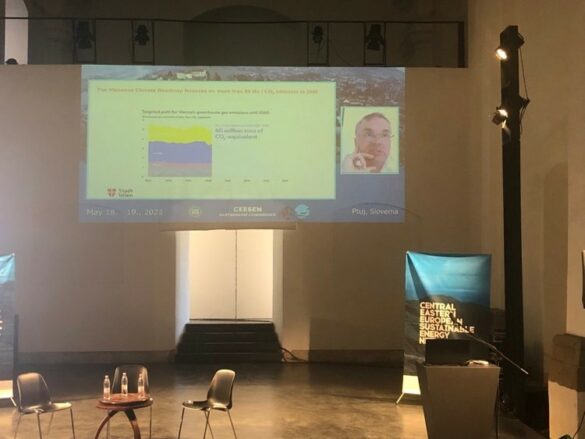
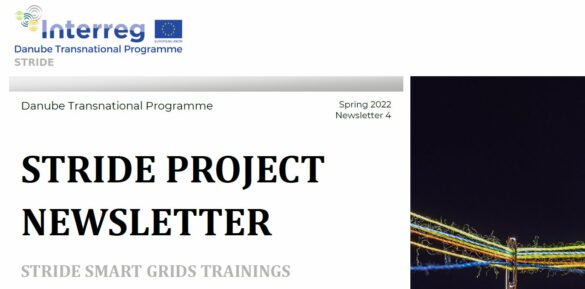

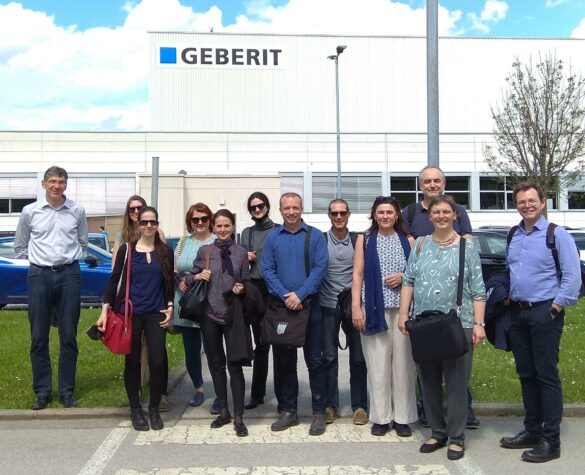
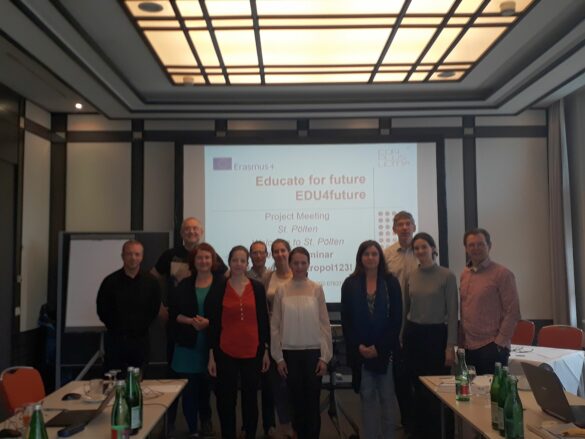 [/vc_column_text][/vc_column][/vc_row]
[/vc_column_text][/vc_column][/vc_row]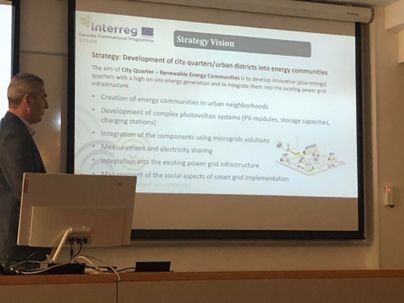
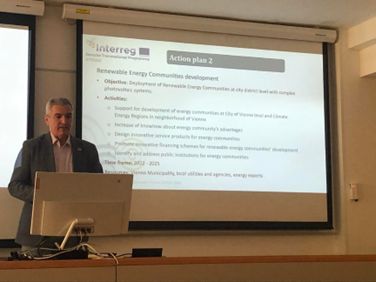
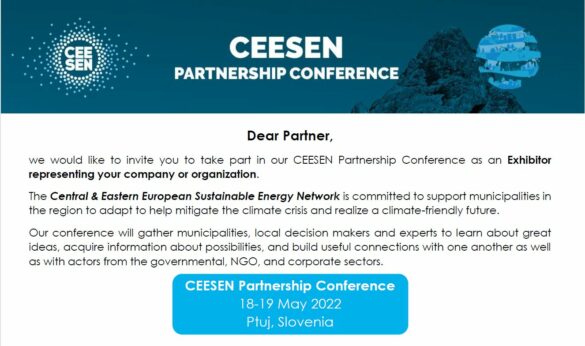
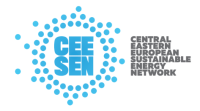
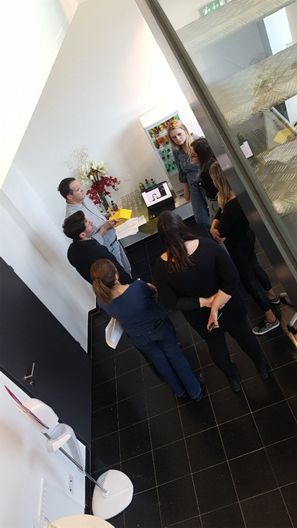
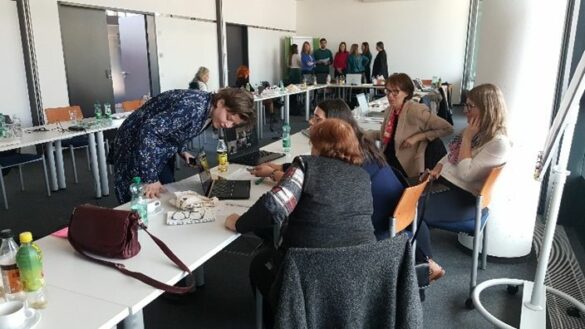
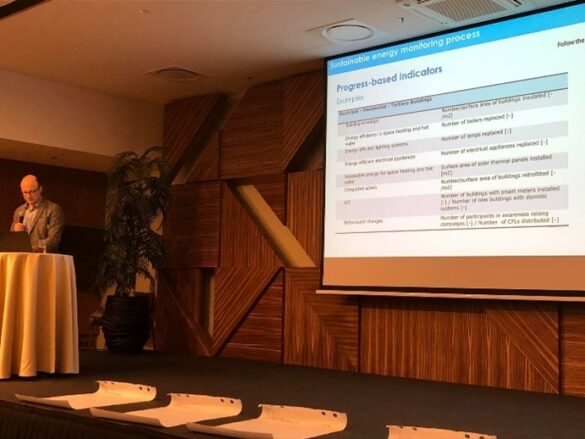 ConPlusUltra’s experts give training at CEESEU Bootcamp in Tartu
ConPlusUltra’s experts give training at CEESEU Bootcamp in Tartu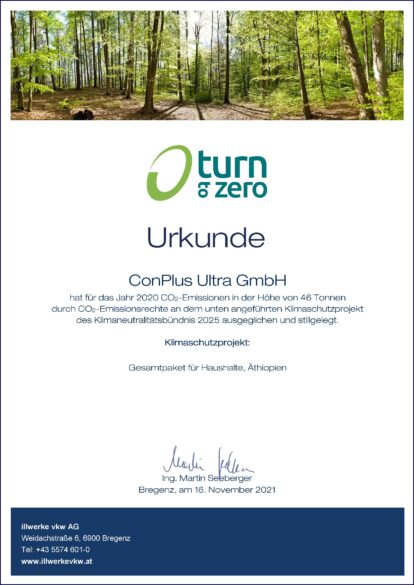
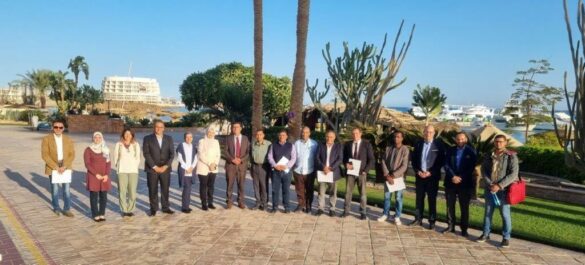
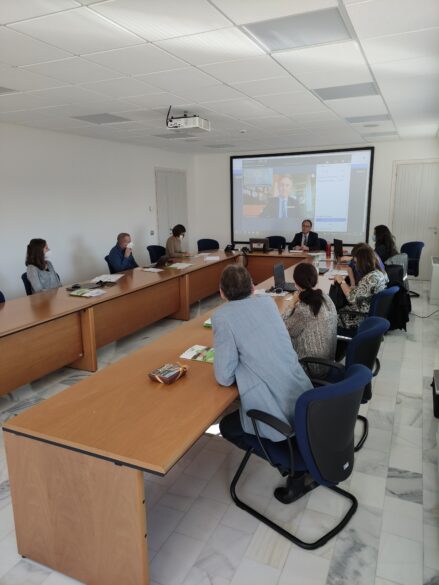
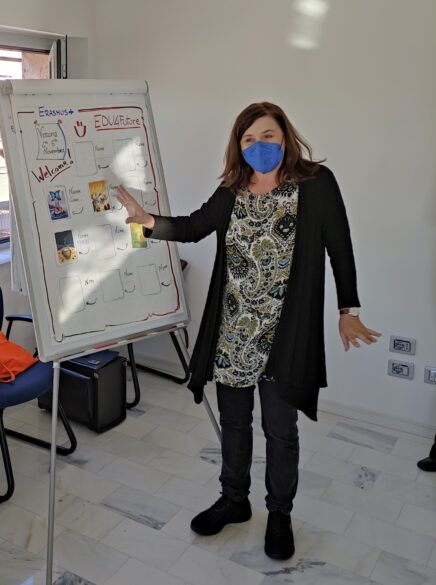
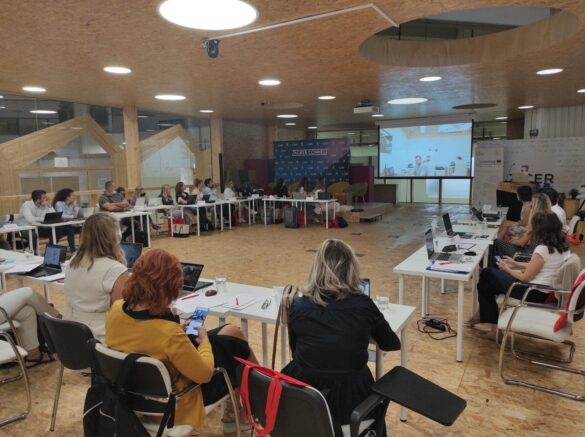
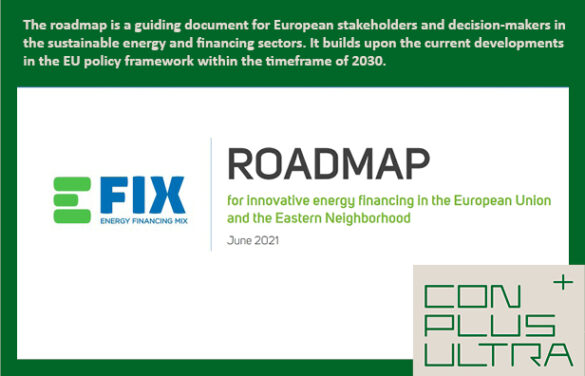
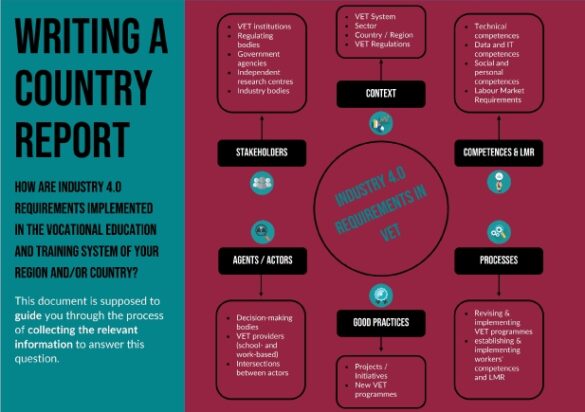

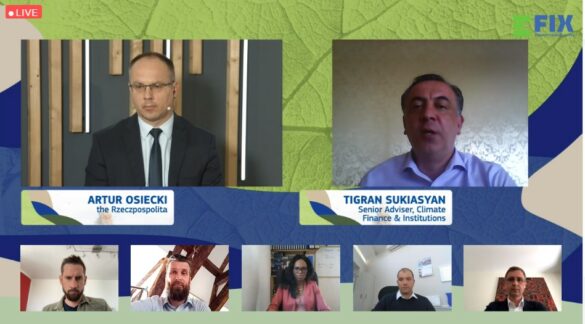
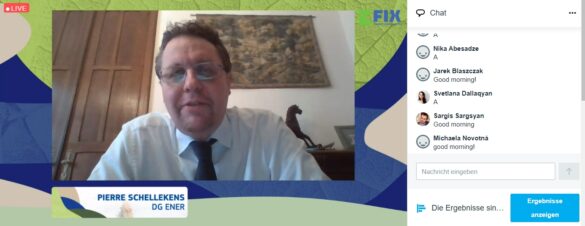
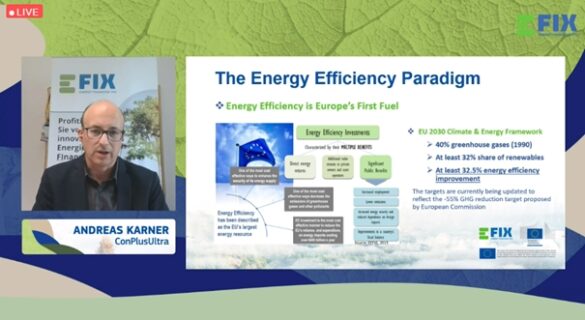
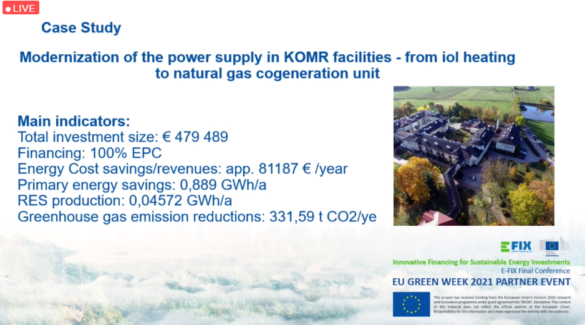
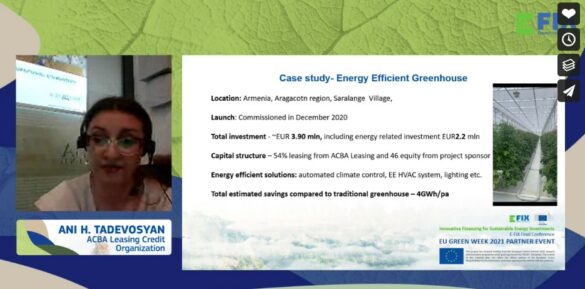
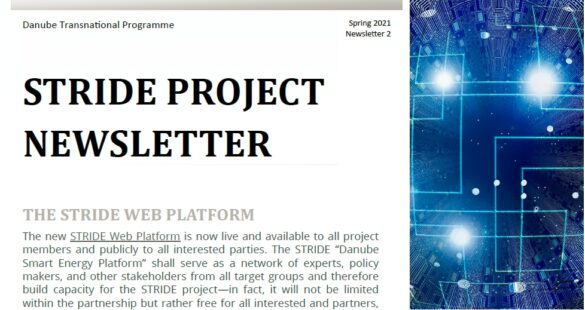

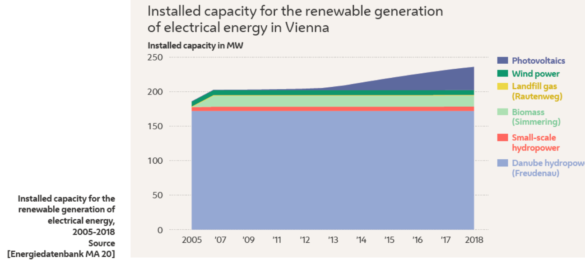 Quelle: Energiedatenbank MA 20[/caption]
Quelle: Energiedatenbank MA 20[/caption]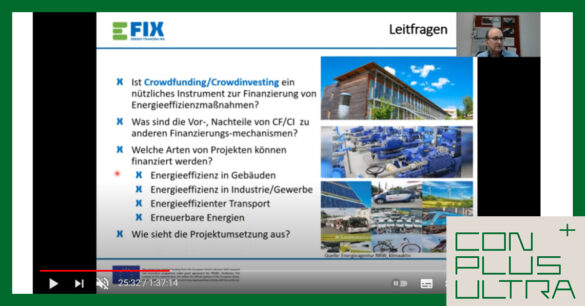 Tool for assessment of energy projects
Tool for assessment of energy projects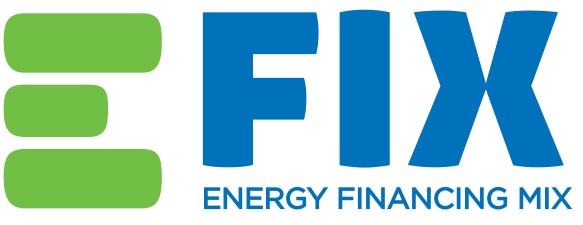

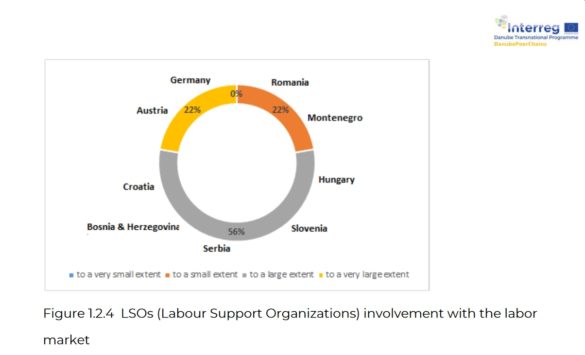 Firgure out from Transnational benchmark analysis of labour market conditions incl. identification of qualification and support demand[/caption]
Firgure out from Transnational benchmark analysis of labour market conditions incl. identification of qualification and support demand[/caption]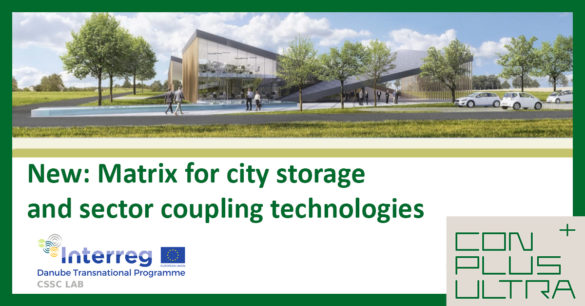

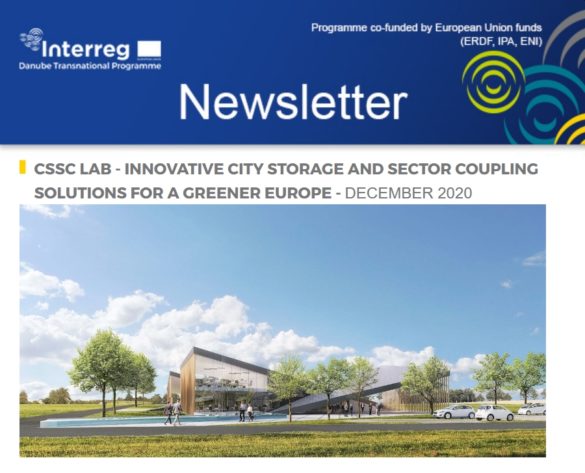

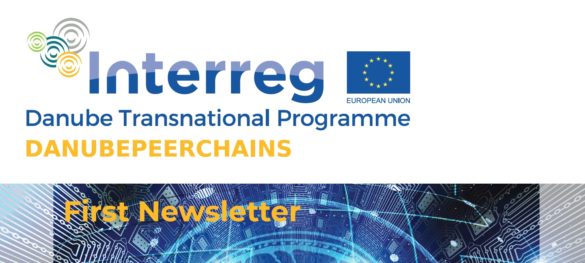
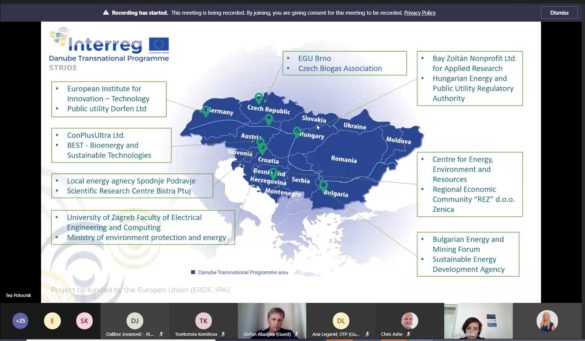
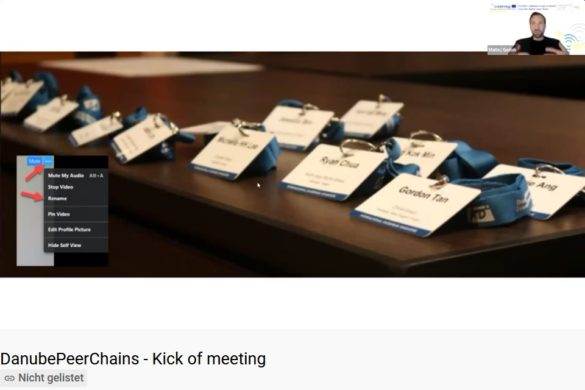
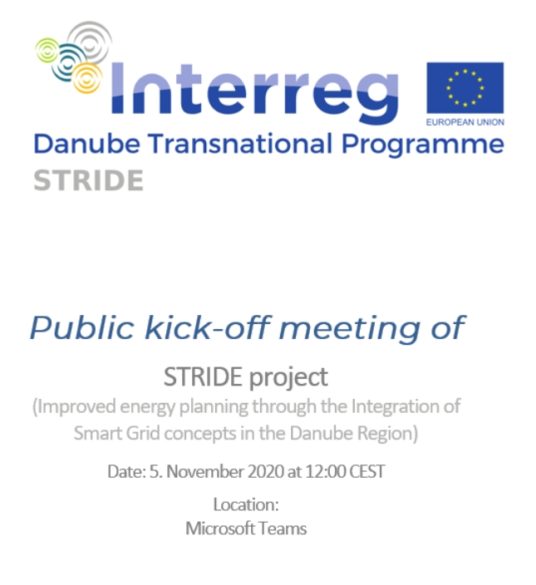 [/vc_column_text][/vc_column][/vc_row][vc_row][vc_column][vc_btn title="More Information about STRIDE" color="CPUGreen" link="url:http%3A%2F%2Fwww.interreg-danube.eu%2Fapproved-projects%2Fstride|target:_blank"][/vc_column][/vc_row]
[/vc_column_text][/vc_column][/vc_row][vc_row][vc_column][vc_btn title="More Information about STRIDE" color="CPUGreen" link="url:http%3A%2F%2Fwww.interreg-danube.eu%2Fapproved-projects%2Fstride|target:_blank"][/vc_column][/vc_row]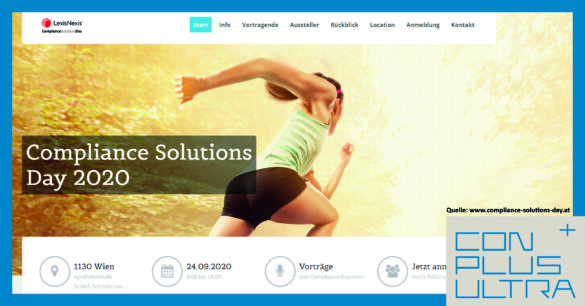
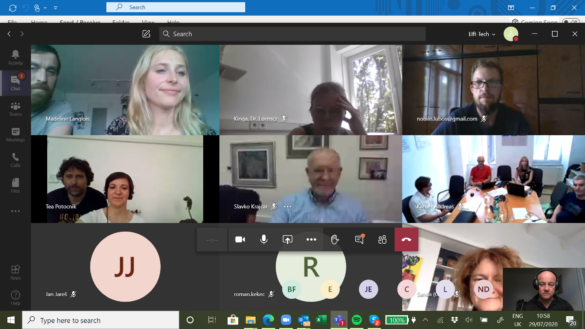 STRIDE Kick-off meeting took place online[/caption]
STRIDE Kick-off meeting took place online[/caption]